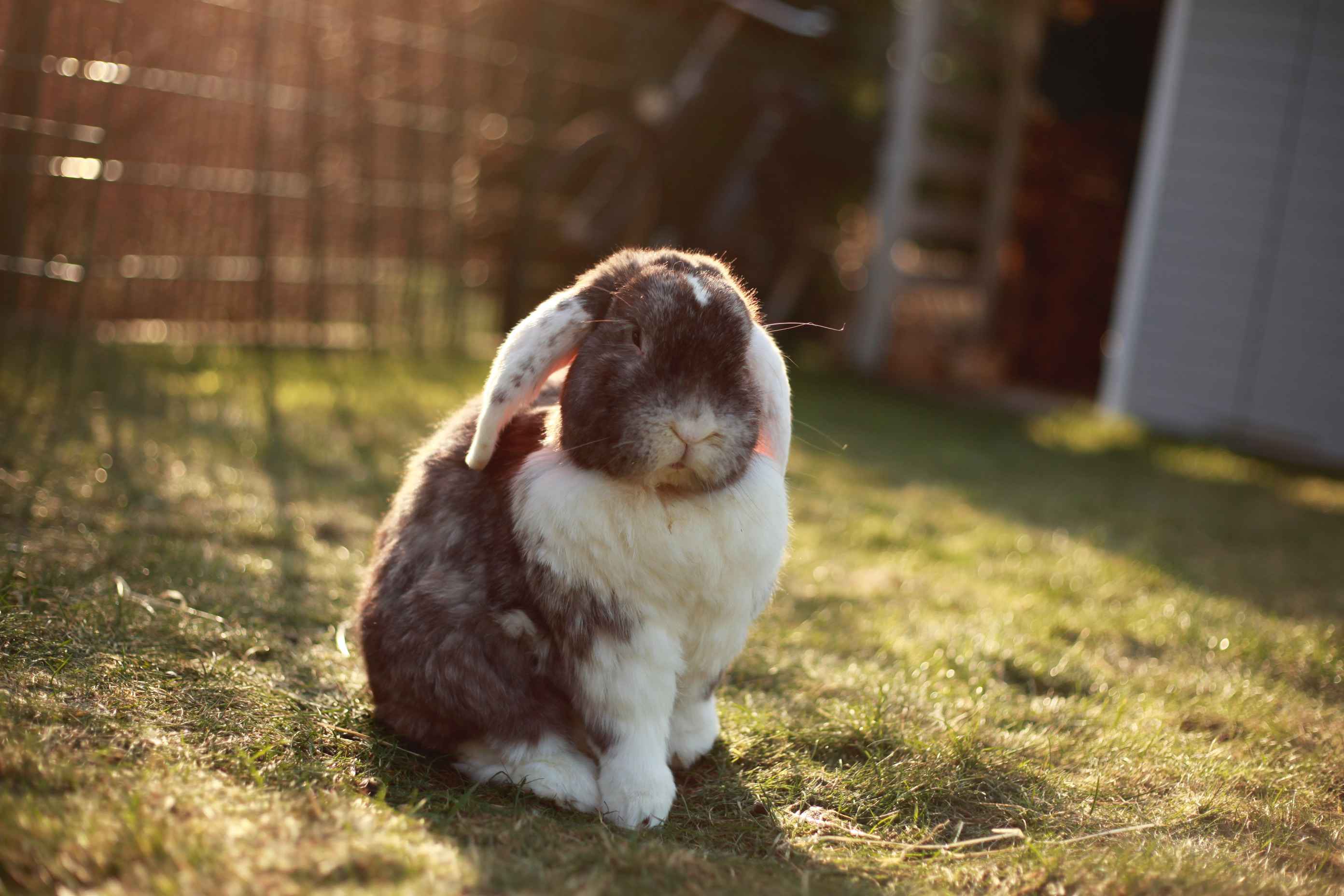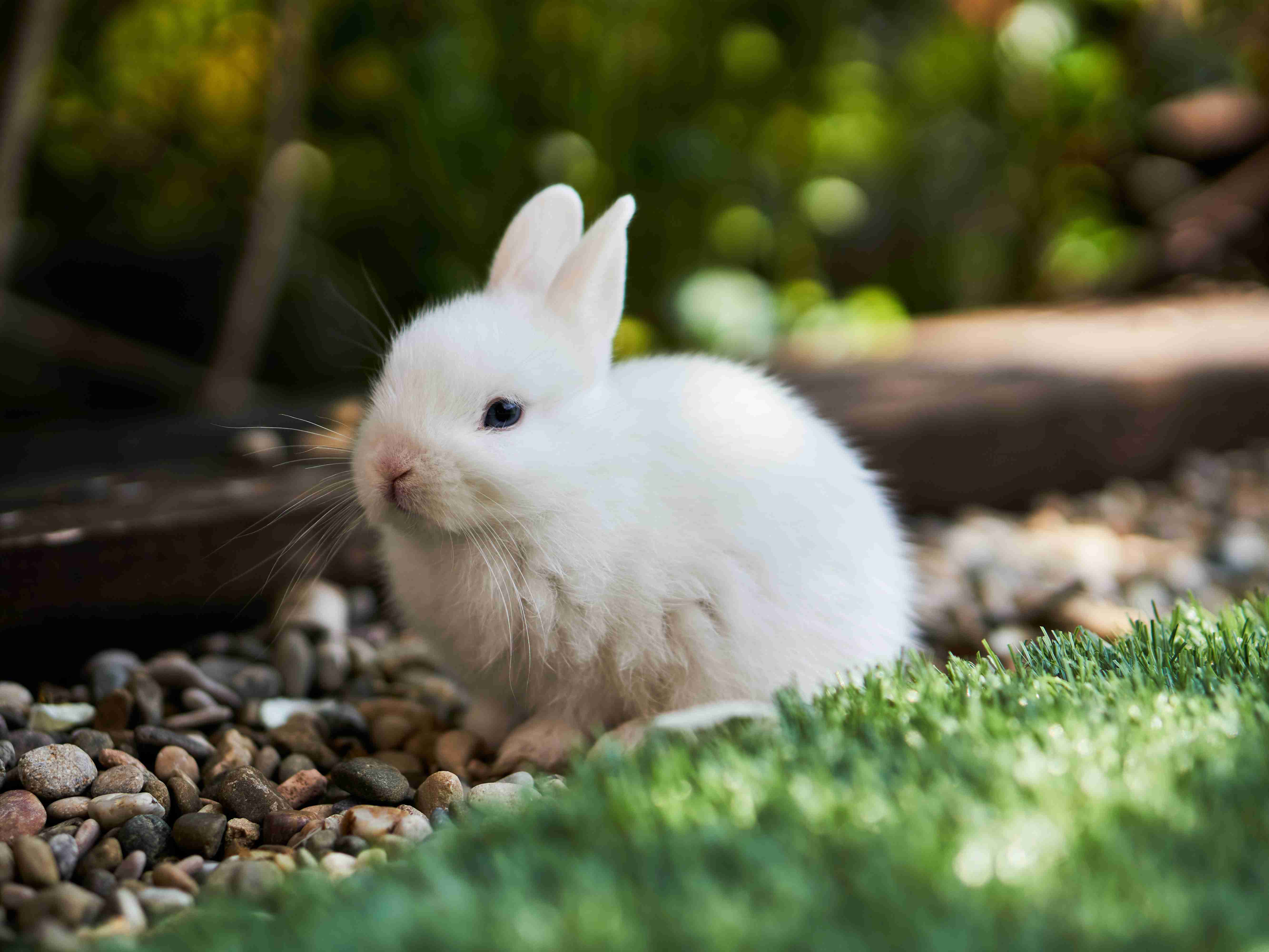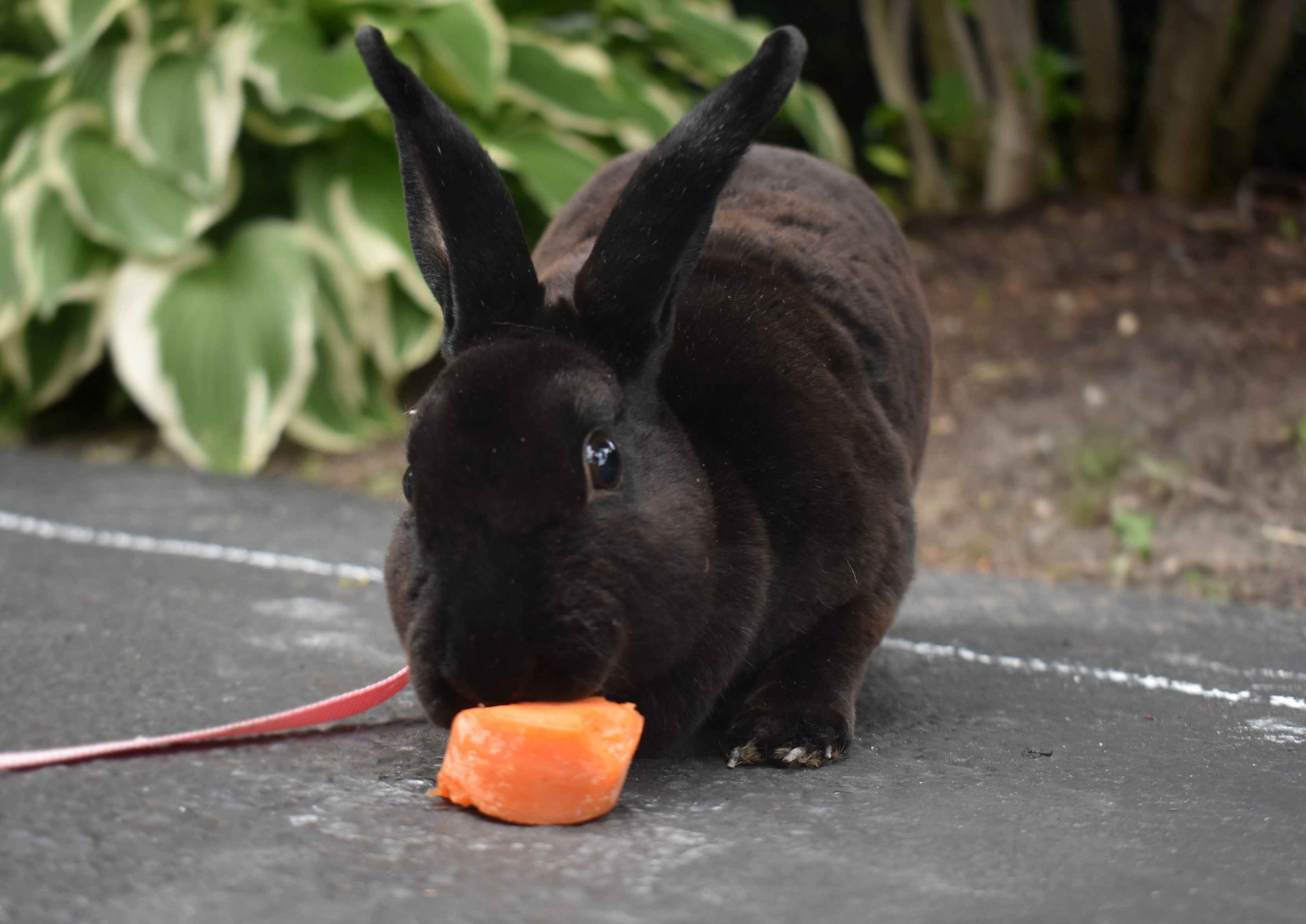Rabbits are adorable, furry little creatures that make wonderful pets. However, like any other animal, they can fall ill from time to time. One common ailment that affects rabbits is conjunctivitis, also known as pink eye. Conjunctivitis is an inflammation of the conjunctiva, the thin membrane that lines the inner surface of the eyelids and the white part of the eye. It can cause redness, swelling, and discharge. In this comprehensive guide, we will explore the potential causes of conjunctivitis in rabbits, so that you can better understand how to prevent and treat this common health issue.
Conjunctivitis, also known as pink eye, is a common condition among rabbits. It is an inflammation of the conjunctiva, the thin membrane that covers the surface of the eye and the inside of the eyelids. Conjunctivitis can affect one or both eyes and can be caused by a variety of factors. In this comprehensive guide, we will explore the potential causes of conjunctivitis in rabbits and what you can do to prevent and treat it.
1. Bacterial Infection
Bacterial infections are one of the most common causes of conjunctivitis in rabbits. The bacteria can enter the eye through a scratch or other injury. Symptoms include redness, discharge, and swelling. If you suspect your rabbit has a bacterial infection, seek veterinary care immediately. Your vet may prescribe antibiotics to treat the infection.
2. Viral Infection
Viral infections can also cause conjunctivitis in rabbits. The most common virus that causes conjunctivitis is the herpes virus. Symptoms include redness, discharge, and swelling, as well as lethargy and loss of appetite. There is no cure for viral conjunctivitis, but your vet may prescribe antiviral drugs to help manage the symptoms.
.jpg)
3. Allergic Reactions
Allergic reactions can also cause conjunctivitis in rabbits. Common allergens include dust, pollen, and certain foods. Symptoms include redness, itchiness, and swelling. If you suspect your rabbit has an allergic reaction, remove the allergen from their environment and seek veterinary care. Your vet may prescribe antihistamines or other medications to manage the symptoms.
4. Trauma
Trauma to the eye can cause conjunctivitis in rabbits. This can include scratches, bites, or other injuries. Symptoms include redness, discharge, and swelling. If you suspect your rabbit has eye trauma, seek veterinary care immediately. Your vet may prescribe medication or suggest surgery to treat the injury.
5. Environmental Factors
Environmental factors such as poor air quality, excessive dust, or exposure to chemicals can also cause conjunctivitis in rabbits. Symptoms include redness, discharge, and swelling. To prevent this type of conjunctivitis, ensure your rabbit’s living environment is clean and free of potential irritants.
Overall, conjunctivitis in rabbits can be caused by a variety of factors. If you suspect your rabbit has conjunctivitis, seek veterinary care immediately. Your vet can help diagnose the cause of the condition and prescribe appropriate treatment. With proper care, you can help prevent conjunctivitis in your rabbit and keep them healthy and happy.
In conclusion, conjunctivitis is a common eye problem in rabbits that can be caused by various factors such as infections, allergies, and injuries. As a responsible rabbit owner, it’s important to keep your pet’s living environment clean, monitor their behavior and health, and seek veterinary care immediately if you notice any signs of conjunctivitis. With proper care and attention, you can help prevent and manage conjunctivitis in your furry friend, ensuring they have a happy and healthy life. We hope this comprehensive guide has been helpful in uncovering the potential causes of conjunctivitis in rabbits.


.jpg)


.jpg)

.jpg)
